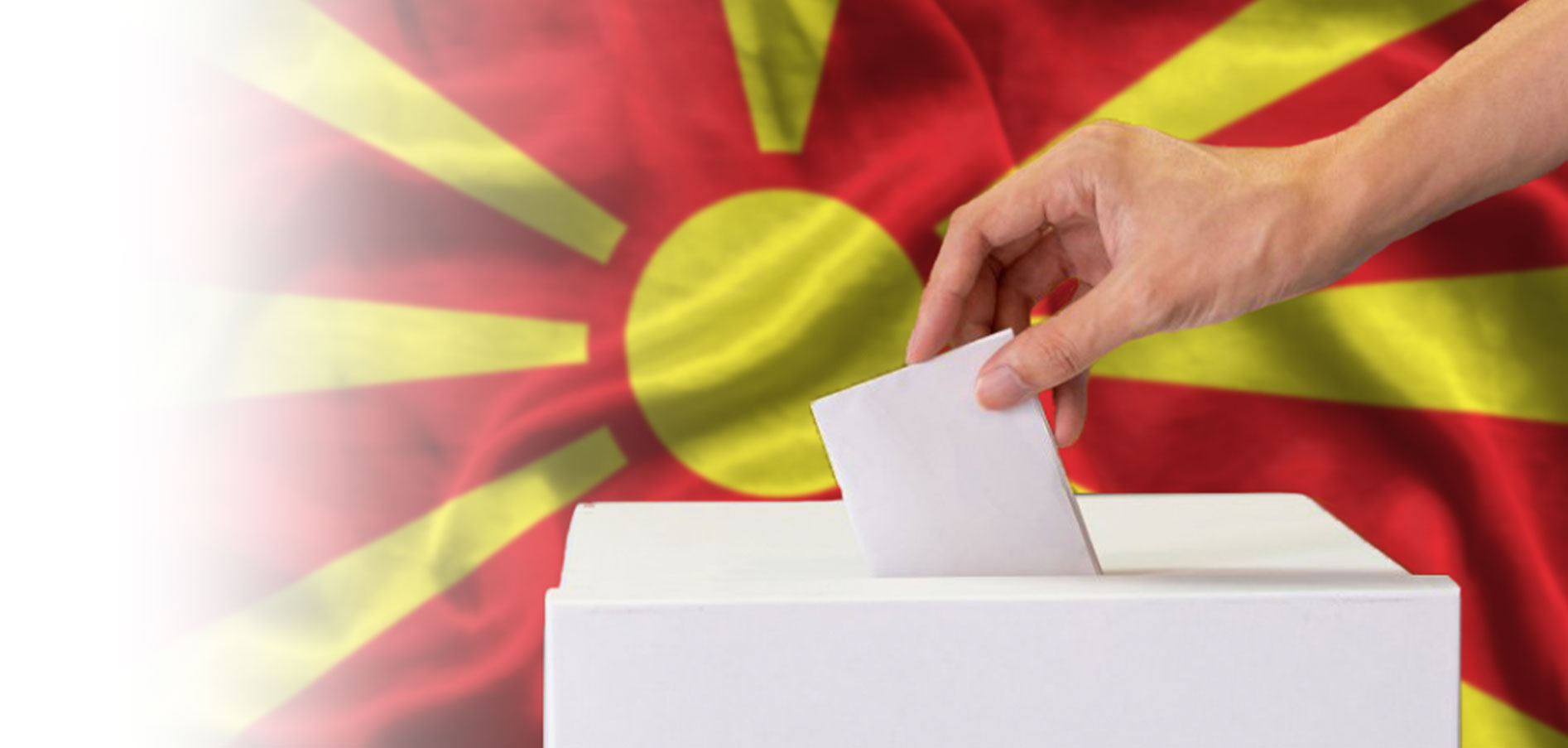April 2024
What’s at stake after the elections in North Macedonia



It is evident that the country’s EU path and the concessions it had to make along the way, including changing its name in 2019, and the current dispute with Bulgaria have tired citizens particularly considering the lack of a clear accession path.
It is clear that there needs to be a change in the way of doing politics, a need which was evident since the SDSM government took over, but has not happened, perhaps in part due to the blockage in the EU path. Depending on who wins the elections, we can see two potentially distinct futures, one which remains nominally pro-EU but continues to fail to find a willing partner in the EU and to perform the necessary reforms at home, or one that wants to change the state of play risking to veer away from the path of accession. The likelihood of the latter scenario is close to certain.
On one hand, the results of the first round of the presidential elections, indicate that the current opposition will have the numbers to form a stable government. DUI’s place in it is for the first time challenged. On the other hand, the complexities of the conditioned EU future may well be used to complicate VMRO DPMNE’s coalition building. Adding domestic Albanian pressure on the Constitution change to the existing international one would however likely backfire.
Boycott vote is a risk which emanates from the losers of the presidential elections, given the 40% turnout threshold. Some political forces may be tempted to boycott the second round for political gains, risking a deeper political crisis of the nation. Voters of Levica or ethnic Albanian voters may decide to not vote.